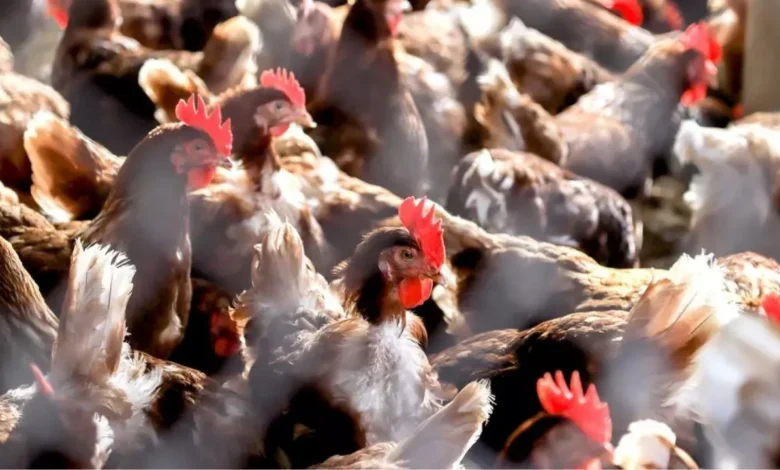Bird Flu Strikes Again in Ottawa County: New Outbreak Confirmed

Ottawa County, Michigan – In a concerning development for local agriculture, health officials have confirmed another outbreak of highly pathogenic avian influenza (HPAI), commonly known as bird flu, in a commercial poultry facility within Ottawa County. This is the latest in a series of outbreaks that have been challenging the region’s poultry industry and raising questions about biosecurity and public health.
The Michigan Department of Agriculture and Rural Development (MDARD), in collaboration with the Michigan State University Veterinary Diagnostic Laboratory, announced the detection on Monday. This marks the first instance of bird flu in a Michigan poultry flock since the state managed its largest outbreak back in May 2024, and it is the second such case in Ottawa County since the virus was first identified in the state in 2022. The specific facility affected has not been disclosed by MDARD, maintaining the privacy of the operation.
MDARD Director Tim Boring emphasized the urgency of the situation, stating, “Slowing the spread of HPAI to protect human health is a top priority at MDARD. Implementing on-farm biosecurity and expanding our HPAI surveillance efforts are key strategies to prevent opportunities for the virus to infect domestic animal species and potentially spread and become a more concerning human threat.”
The virus, known for its highly contagious nature, can spread from flock to flock through direct contact with infected wild or domestic birds, or indirectly through contaminated equipment, feed, or the clothing and shoes of caretakers. This latest outbreak underscores the continuous threat HPAI poses to Michigan’s poultry sector, which is vital to the state’s agricultural economy.
In response to the outbreak, authorities have taken immediate action to contain the spread. The infected flock has been placed under quarantine, and plans for the humane depopulation of the birds are underway to prevent further transmission. “No birds or bird products infected with avian influenza will enter the commercial food supply chain,” MDARD officials clarified, assuring consumers that the food supply remains safe. They also emphasized the importance of proper handling and cooking of poultry and eggs to mitigate any potential risks.
Farmers and bird owners are urged to adopt stringent biosecurity measures. Recommendations include preventing contact between domestic and wild birds, regular handwashing, disinfecting gear, and securing feed to avoid contact with wild birds or rodents. MDARD has provided guidelines to help those with domestic birds protect their flocks:
Prevent contact between domestic and wild birds by bringing birds indoors or ensuring their outdoor area is fully enclosed.
Wash hands before and after handling birds and when moving between different coops.
Disinfect boots and other gear when moving between coops.
Do not share equipment or supplies between different farms or coops.
Clean and disinfect equipment thoroughly; if disinfection is not possible, discard it.
Use well or municipal water for birds and keep poultry feed secure.
The public is encouraged to report any suspected cases of bird flu in domestic birds to MDARD immediately, either by calling 800-292-3939 during the day or 517-373-0440 after hours. For wild birds, the Michigan Department of Natural Resources (DNR) offers reporting options through the Eyes in the Field app or by calling the Wildlife Disease Laboratory at 517-336-5030.
This outbreak comes at a time when posts on X have highlighted another bird flu-related issue, where a pet food recall due to H5N1 contamination has been reported, drawing parallels to the potential risks avian influenza poses across different sectors.
As the situation develops, local and state agencies will continue to monitor and respond to this outbreak, aiming to safeguard both agricultural interests and public health in Ottawa County and beyond.




